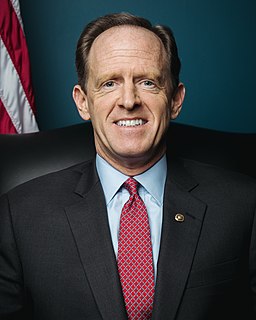A Quote by Lawrence Kudlow
In the 1980s and 1990s, radical change in economic policies fostered by Ronald Reagan and Margaret Thatcher put the brakes on government planning and ushered in a new free-market supply-side era and a two-decade boom. That model has been abandoned in the new century. This must be reversed.
Related Quotes
The analysis in the era of Ronald Reagan and Margaret Thatcher was that government was interfering with the efficiency of the economy through protectionism, government subsidies, and government ownership. Once the government "got out of the way," private markets would allocate resources efficiently and generate robust growth. Development would simply come.
Neoliberalism became the leading economic ideology in the U.S. and in the U.K. during Ronald Reagan's and Margaret Thatcher's mandates. In this way, the leaders of the free world offered a viable solution to the economic crisis at the time: competition, deregulation, outsourcing, to name a few buzz words that have since become common place.
Housing has always been a key to Great Resets. During the Great Depression and New Deal, the federal government created a new system of housing finance to usher in the era of suburbanization. We need an even more radical shift in housing today. Housing has consumed too much of our economic resources and distorted the economy. It has trapped people who are underwater on their mortgages or can't sell their homes. And in doing so has left the labor market unable to flexibly adjust to new economic realities.
Liberals in the US don't have great passions about Margaret Thatcher. Conservatives do. For all the worship that Ronald Reagan elicits in conservative circles in the US, I would venture that Thatcher did far more to reshape British society than Reagan did here. When I moved to Britain, the utilities were state-run. By the time I left, most of that was privatized. Thatcher had broken the miners' union, all but crushed the Labour Party, cut back the welfare state, even flirted with a poll tax. In the circles I ran in, Reagan was mocked as a childish dolt. Thatcher was despised.
Margaret Thatcher in Britain and soon after Ronald Reagan in the United States - both hard-line advocates of market fundamentalism - announced that there was no such thing as society and that government was the problem not the solution. Democracy and the political process were all but sacrificed to the power of corporations and the emerging financial service industries, just as hope was appropriated as an advertisement for a whitewashed world in which the capacity of culture to critique oppressive social practices was greatly diminished.
Under Ronald Reagan in the United States and Margaret Thatcher in the U.K., there was a rewriting of the basic rules of capitalism. These two governments changed the rules governing labour bargaining, weakening trade unions, and they weakened anti-trust enforcement, allowing more monopolies to be created.
Regarding Ronald Reagan: In point of fact, the image of Ronald Reagan, the man responsible for shaping that decade (the 1980s), should be carved into Mount Rushmore, minted into coins, and emblazoned in a place of honor in every school child's history text as a constant reminder of this great man's contributions to world freedom, national pride, and individual prosperity. With the truth, the term 'Reaganomics' will be used only as a term of endearment and respect.































